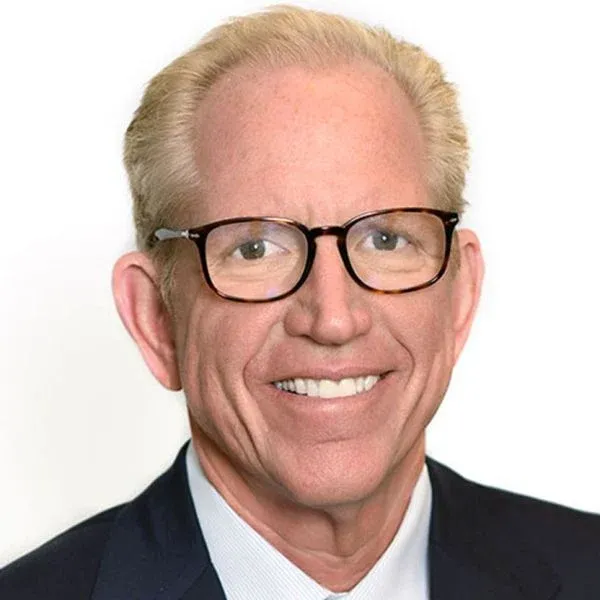
A confluence of global crises in the last 18 months has sparked a broad reassessment of mission and purpose on the part of companies, investors, and key institutions. In private equity (PE), which ha s been a laggard in addressing environmental, social, and governance (ESG) issues, leading firms across Europe, Asia, and the US are now taking meaningful action on the two most critical issues of our time: climate change and social equality. Altruism alone doesn't explain this shift: Many limited partners, management teams, and employees now demand it.
As CEO of a global private equity firm that has prioritized ESG for nearly two decades, it encourages me that many peers are learning that the benefits of ESG extend well beyond improving society and the environment—that ESG additionally boosts value creation and long-term investment returns. A commitment to ESG will be a key driver of value for companies, investors, society, and stakeholders going forward.
Even strong financial returns, without environmental and social considerations, are an incomplete gauge of long-term performance.
In my view, the events of 2020–2021 didn't simply raise awareness of ESG's importance, they also re cast our industry's traditional perception of value. This change in the value equation is being felt in our industry's capital flows, investment strategies, and priorities. Today's consensus is that even strong financial returns, without environmental and social considerations, are an in complete gauge of longterm performance.
Consider the following developments.
Climate Change Has Become Part of the ESG Mandate
The number and severity of fires, floods, historic heat waves and freezes experienced across the globe in recent decades have underscored the urgent need to roll back carbon levels. Many private equity firms and limited partners are acting to advance this goal. In the US and Europe, major firms that had invested heavily in fossil-fuel companies said they would sharply scale back those activities and redirect money to green energy. This year, according to Preqin, about 80 percent of energy-related private equity funds a rededicated to renewables. Since 2018, the number of private equity managers that have signed the United Nations Principles for Responsible Investment (PRI) has doubled to more than 800, including six of the world's 10 largest private equity firms. The amount of capital in dedicated ESG funds reached $1.4 trillion dollars in 2020.
Where once we were alone, now many leading PE firms are beginning to join us and integrate ESG into each stage of their investment discipline. Building on this global moment is critical; that is why our ESG commitment includes a goal of achieving net-zero carbon emissions across our portfolio with reduction targets using the Science-Based Targets Initiative methodology. We aim to do so by 2040, 10 years sooner than the PRI's target year.
Diversity and Inclusion Have Taken Center Stage
The pandemic has further increased social inequalities. Its effects may be long-lasting, as women and minorities have been impacted dramatically by employment loss since the onset of COVID-19. To address these issues, business leaders continue to speak out, vowing to make their companies' workforces and management teams more diverse. In France, the Macron administration has proposed a bill that would require larger companies to fill 40 percent of their top management posts with women.
Eurazeo strongly believe s that diversity leads to better investment decision s and financial results, a belief we incorporate into our business practices daily. The majority of our governance committees (CSR; audit; digital; finance; and compensation, appointment, and governance) and the executive board, which I lead, are chaired by women, and our investment teams are 35 percent female (compared to the industry average of 20 percent).
We also believe business can have a positive impact on societal progress, so we strive to do mo re. As part of our ESG program, we stepped up our commitment to create a more inclusive workplace—to end gender inequality—and enable access to broader opportunities for all.
Private Equity's Responsibility Is Undeniable
Close to two years of pandemic-induced changes have had a profound effect on our industry’s approach to ESG issues. Yet the important strides we have made during this time are just a start. As majority owners of thousands of businesses across the world, private equity firms are in a unique position to influence outcomes for stakeholders and the lives of workers. It is my strong h ope that our industry—and every segment of business—will continue to build on the progress made so far. The future of the planet and our people depends on it.
















